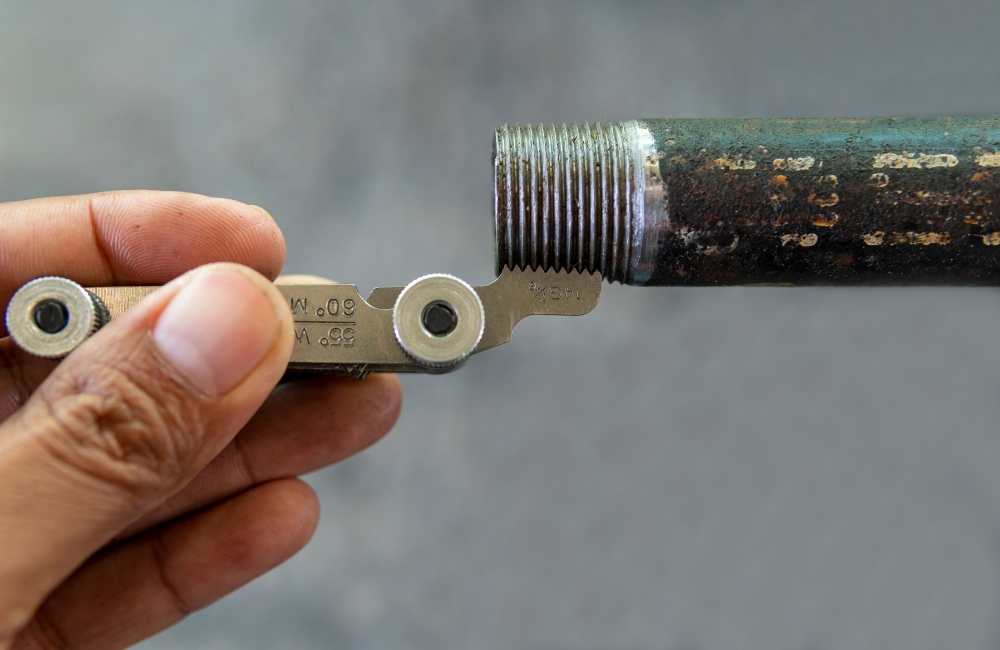Understanding Thread Plug Gauges: A Comprehensive Overview
Thread plug gauges are essential tools used in manufacturing and quality control to measure the internal thread dimensions of holes. These precision instruments ensure that threaded components, such as screws and bolts, fit together correctly, helping maintain the quality and functionality of mechanical assemblies.
What is a Thread Plug Gauge?

A thread plug gauge is a cylindrical tool designed to check the internal thread diameter and pitch of a hole. Typically made from high-strength materials like steel or carbide, these gauges are manufactured to specific tolerances, allowing for accurate assessment of whether a threaded hole meets design specifications.
Types of Thread Plug Gauges
Go Thread Gauges: These gauges are used to confirm that the internal thread meets the minimum size requirement. If the gauge fits smoothly into the threaded hole, it indicates that the hole is acceptable.
No-Go Thread Gauges: These gauges are designed to ensure that the internal thread does not exceed a maximum allowable size. If the no-go gauge fits into the hole, it indicates that the hole is out of tolerance and requires correction.
Combined Gauges: Some thread plug gauges feature both go and no-go ends, allowing for a quick assessment of the internal threads with a single tool.
Applications of Thread Plug Gauges
Gauges are commonly used in various industries, including:
Quality Control: Ensuring that machined parts conform to specified thread standards.
Inspection: Used by quality control inspectors to verify the accuracy of threaded holes before assembly.
Calibration: Helping calibrate other measuring instruments to maintain measurement accuracy
Conclusion
Gauges are indispensable tools for achieving precision in measuring internal threads. Their ability to verify dimensions accurately and efficiently makes them critical in quality control processes across various industries.
|